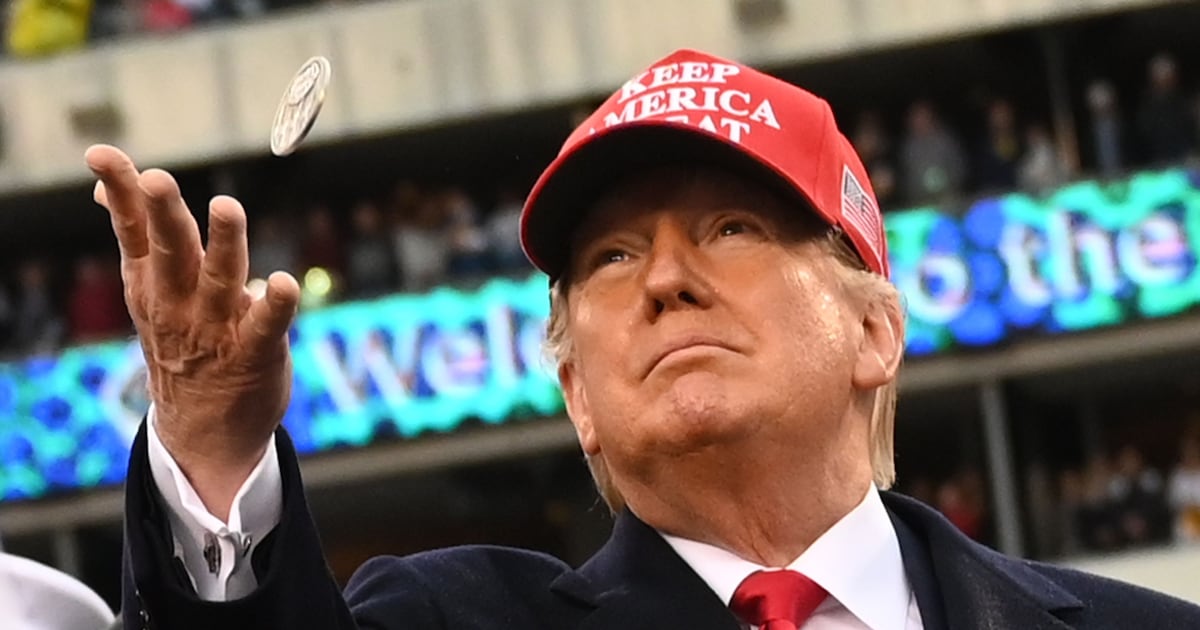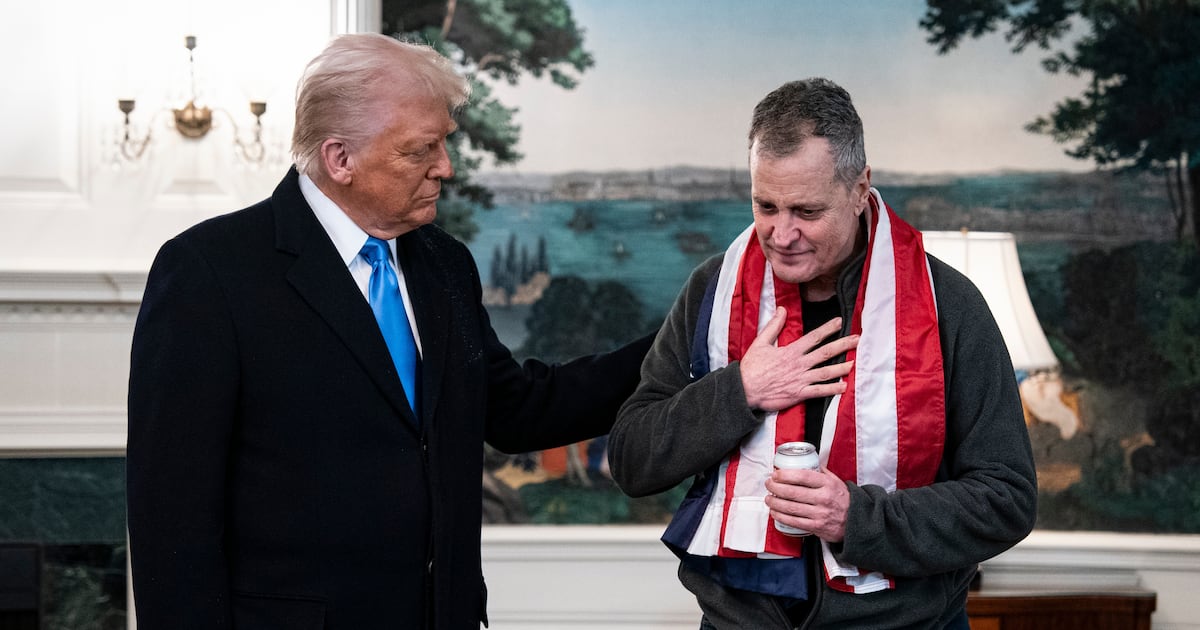Pope Francis was apparently told in 2015 and again in 2017 that an Argentine priest he once called his “spiritual son” and elevated to bishop before he became pope had taken naked selfies, exhibited obscene behavior including public masturbation, and had harassed seminarians, according to an exclusive report by the Associated Press.
In early January the Vatican confirmed that it had just learned that Bishop Gustavo Zanchetta, who resides in Vatican City with complete immunity, faces credible criminal allegations in Argentina for sexually abusing seminarians in the remote Argentine diocese of Oran.
But Juan Jose Manzano, the former vicar where Zanchetta allegedly carried out the sexual harassment that included sending nude photos of himself in various stages of arousal, told the Associated Press that he first reported Zanchetta’s lewd behavior to the papal nuncio or ambassador to the Holy See, who then delivered the complaints to the Vatican in 2015, two years after Francis was elected.
The Vatican spokesman did not immediately respond to questions about the AP report on Sunday. The pope has summoned Catholic leaders to Rome from Feb. 21-24 for a crisis summit to address the systematic global clerical abuse scandal. Revelations like these that imply that the pope himself may have been involved in the cover-up of errant priests will do nothing to set the stage for much-needed change.
Manzano claims he even sent nudie photos of the priest to Rome as proof to back up the complaint. Manzano told the AP that Francis then actually summoned Zanchetta to Rome to discuss the matter, in direct contradiction with the Vatican press office, which claims the news of sexual impropriety on the part of Zanchetta only came to light in late 2018.
“In 2015, we just sent a ‘digital support’ with selfie photos of the previous bishop in obscene or out of place behavior that seemed inappropriate and dangerous," Manzano told the AP in face-to-face and email interviews. “It was an alarm that we made to the Holy See via some friendly bishops. The nunciature didn't intervene directly, but the Holy Father summoned Zanchetta and he justified himself saying that his cellphone had been hacked, and that there were people who were out to damage the image of the pope.”
Manzano said that Zanchetta returned to Argentina “improved, to the point that no one even investigated how those photos got to Rome.”
But Zanchetta’s good behavior apparently didn’t last long, and Manzano said he again reported Zanchetta to the Vatican in 2017. Zanchetta was apparently summoned to Rome once again and immediately tendered his resignation when he returned to Argentina a short time later.
According to a statement released by the Vatican’s new spokesman Alessandro Gisotti on January 3, complaints about Zanchetta’s apparent bad behavior were new to them.
“Bishop Zanchetta was not removed from the diocese of Orán. He was the one who resigned. The reason for his resignation is linked to his difficulty in managing relations with the diocesan clergy and in very tense relations with the priests of the diocese.”
It was previously thought that in 2017, Zanchetta left Argentina abruptly and tendered his resignation of his own free will to Francis, who acted on it immediately. Francis created a cushy job for his Argentine compatriot in Rome in 2018 in the division of the Secretariat of the Economy’s property asset division called the Administration of the Patrimony of the Apostolic See or APSA.
Manzano’s claims that Francis summoned Zanchetta to Rome in 2017 imply that it was the pope who likely asked Zanchetta to resign, which would fall in line with the timing of events and the speed with which Francis acted on the resignation. (The pope often takes months to act on such resignations.)
Still, the Vatican claimed that when Francis accepted Zanchetta’s resignation in 2017, no one knew about the sexual abuse claims at all. But if Manzano is to be believed, Francis very well knew and even directly dealt with Zanchetta both in 2015 and again in 2017.
“At the time of his resignation there had been accusations of authoritarianism against him, but there had been no accusation of sexual abuse against him,” according to the early January Vatican statement. “The problem that emerged then was linked to the inability to govern the clergy.”
“No charges of sexual abuse had emerged at the time of appointment to [APSA],” Gisotti wrote in his early January statement. “The accusations of sexual abuse date back to last fall.”








